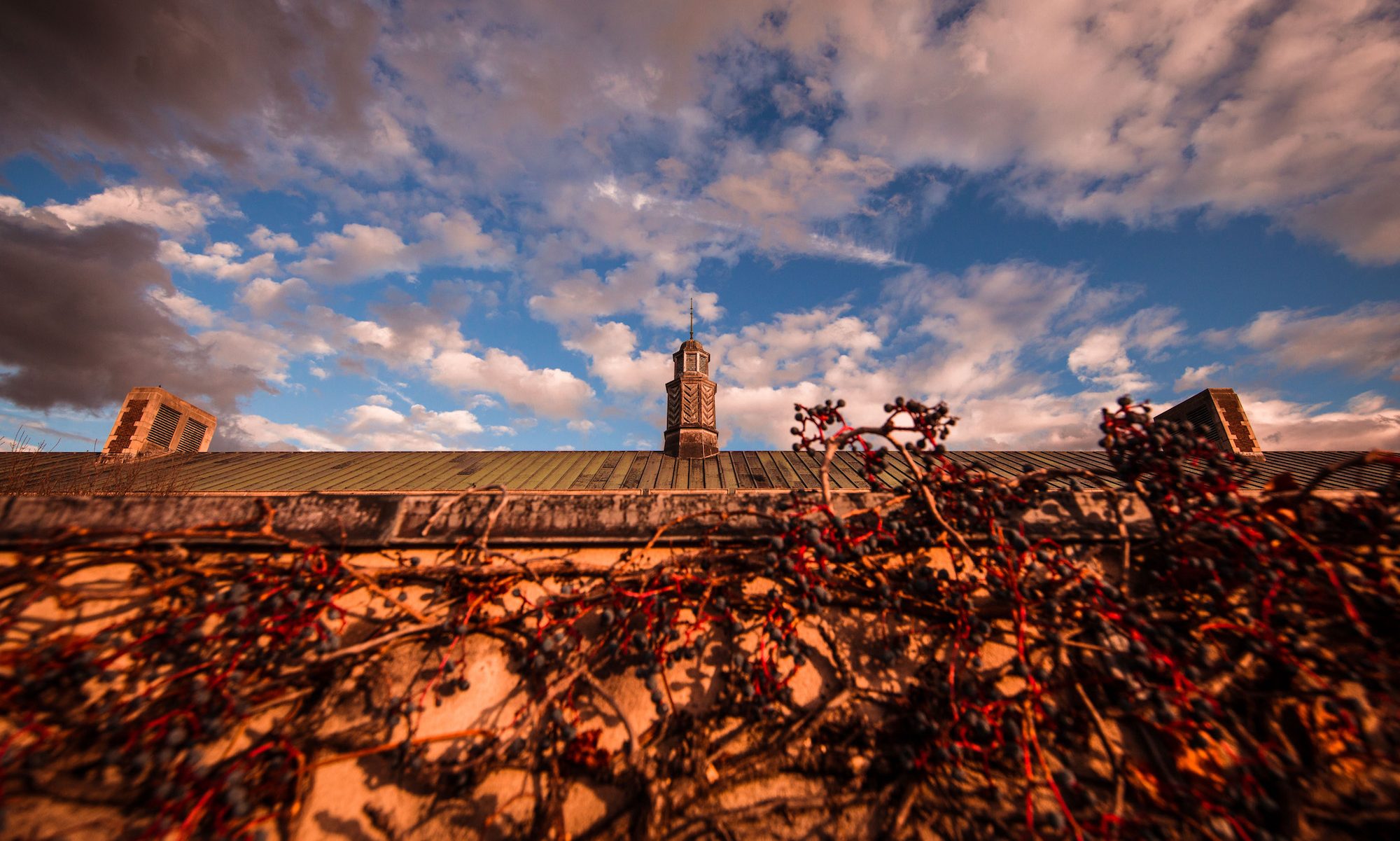Many people across the world are now required to live in unprecedented ways. I’ve never seen anything like this in my life. With the ever-present threat of COVID-19 looming over populations across the world, it makes sense that life would be different for everyone. As this global pandemic spreads, much of the United States is under lockdown along with other countries around the world. With this lockdown people have been advised to self-isolate and only travel outside their homes for necessities. This “state of crisis” has people stocking up on foods and other essentials such as toilet paper. This raises the question, are people overreacting, and perhaps buying in too large of quantities? If people continue reacting to this pandemic the way they initially have things will only get worse for the general public.
Limited resources
Grocery stores in today’s world have become known as the most bountiful and fruitful environment filled with a wide variety of flora and fauna on display. One sentence from The Omnivore’s Dilemma, by Michael Pollan made me think of the current state of grocery stores in America, “Naturalists regard biodiversity as a measure of a landscape’s health, and the modern super market’s devotion to variety and choice would seem to reflect, perhaps even promote, precisely that sort of ecological vigor.” (Pollan, p.17). When I read this sentence it made me think of how grocery stores are not fully stocked with the wide variety of flora and fauna they usually would be stocked with due to the current global pandemic at hand. Walking into a grocery store today you may not find eggs, milk, chicken, or other meats.
Personally I’ve never witnessed a grocery store lacking in supply nearly as much as they are today. Peoples’ initial reactions to this pandemic were very possibly overreactions. If one family goes and buys enough meat for a month or two at one point, and stores don’t hold enough in stock for everyone to do that (which they don’t) then that family made it so other families couldn’t even find meat to purchase for themselves. Creating a real-life example of the tragedy of the commons, where there’s just not enough for everyone if some people are buying in surplus. The tragedy of the commons represents a shared-resource system where individuals that act independently out of self-interest cause harm to the common good of all other members in a community by depleting resources that are intended to be shared by all.
When going to the grocery store people need to consider what foods are in a larger supply that won’t be exhausted as quickly. When I think about it, corn and corn by-products are currently (based on what I’ve seen in person) in stock when these other everyday groceries aren’t. This emphasized to me how much corn really is used and processed, especially when thinking from a sustainability perspective. Even in a state of global pandemic, corn based products don’t run out of stock as quickly as meat and dairy products. If people truly feel the need to stock up on supplies for months at a time they should do so with less perishables, and try to stock up on canned foods of which there are more to go around, thus, limiting the tragedy of the commons effects on communities.
Need for Concern?
An article in the New York Times addresses the growing shortages in stores across the country. With industry leaders acknowledging the strain placed on the food supply they describe that there is still a large supply of meat and other products in cold storage which the virus can not affect. With the food industry claiming there to be no real major problem at hand it makes me question if the transportation industry will be the real inhibitor of grocery stores maintaining a full inventory during this pandemic. With the virus spreading, fewer and fewer truck drivers are on the road, this includes the ones that deliver groceries to the stores. The Department of Agriculture still acknowledges that the illness has the potential to further these food shortages that could last weeks creating further anxiety for Americans. With the current situation at hand, it is clear that the future is unknown, and no one can know for sure how long this will last or the adjustments society will have to make. The important thing is that people realize this is a natural phenomenon that no one, in particular, is to blame. Don’t harbor malicious feelings towards your neighbors out of fear of this disease, all we can do is follow the necessary guidelines set to limit the spread of this pandemic. In a time like people should not detach themselves from the community, physically yes, but not emotionally. Everyone needs to acknowledge their role as a member of society and simply do their part so hopefully, this can all be over in the near future with as little casualties as possible.
Nicholas Konopka is a senior at SUNY Geneseo, majoring in International Relations.
Sources
Corkery, Michael, and David Yaffe-Bellany. “U.S. Food Supply Chain Is Strained as Virus Spreads.” New York Times, April 13, 2020.
Hardin, G. (1968). The Tragedy of the Commons. American Association for the Advancement of Science, 162(3859), 1243-1248.
Pollan, M. (2006). Chapter 1-3. In The Omnivore’s Dilemma A Natural History of Four Meals (pp. 1-52). New York, New York: The Penguin Press.
